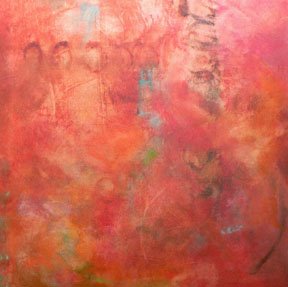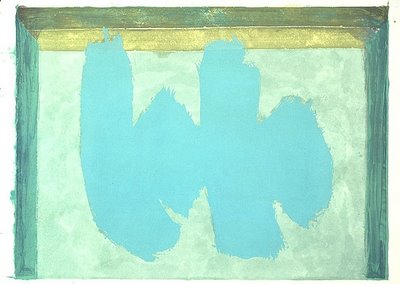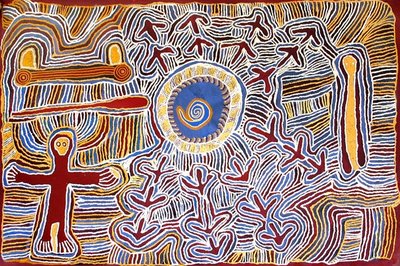I began these meditations as an experiment. Several weeks before I had begun another faith-oriented blog. I was really focused more on blogging than on scripture.
The first blog was too premeditated. I was trying to build on a theme. But blogging, I seemed to discover, is more naturally reactionary. So I opened this new blog and decided that each day I would respond spontaneously to one of the psalms.
There were several days when none of the psalms especially attracted me. To respond I had to dig deeper than my immediate impression. I discovered layers, nuance, context, and texture that I would have otherwise missed.
This morning ritual became a ongoing source of happy surprise. I am not an especially spontaneous person. But through this exercise each day brought something new, unexpected, and meaningful.
While I actively avoided a thematic approach, connections certainly emerged. One of the most common themes of the psalms is dealing with enemies. Most of the psalmists - as above - are clearly discussing external enemies.
I am fortunate to have few external enemies. But these meditations helped me to see and accept internal enemies that distract me from fulfilling God's intention. Recognizing the enemy is not pleasant nor does it lead to immediate change. But seeing and accepting is much more productive than denying or neglecting.
Dear God, thank you for your watchfulness and your refuge in the face of my enemies.











